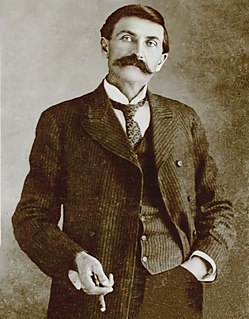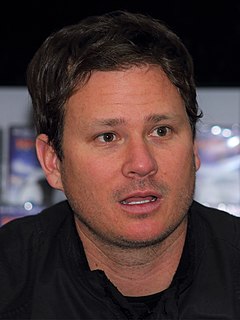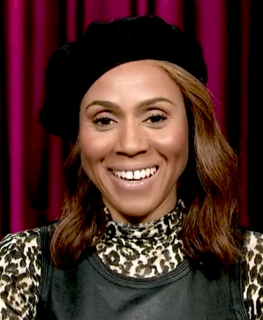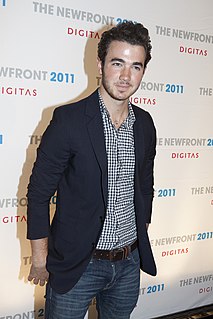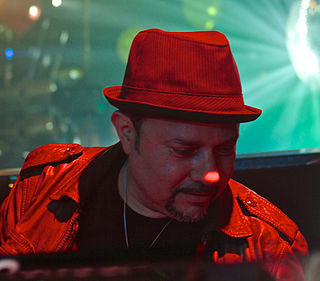A Quote by Gary Wright
I'm developing artists for my new record label, my son's band, Intangible, being one of them.
Quote Topics
Related Quotes
I think for us, we don't feel like the future of music is in the act of being a record company. We feel like the future of the music business is in empowering artists to have better and better tools to communicate with their fans. We want to be people who are saying to artists, "Look, you don't need that company over there to release your album. You can do it this way." Almost more of a band partnership than a label-artist relationship. Not about ownership of content, but about empowerment.
I've been doing my record label for 15 years called Dim Mak. I started my label when I was 19 in '96. I started putting out an eclectic roster of artists. In 2003, we found a band called Bloc Party, and in 2004, we started getting remixes for Bloc Party, and at the same time I was throwing Dim Mak parties in Los Angeles.
As a label I don't care about piracy. I want the music that we [my band] love to be heard by as many people as possible. The more people like the music we put out, the better the label and artists will do. If anyone genuinely likes what we do they will find us, buy our vinyl or come to see the artists play live.
It was three breakups going on at the same time. It was breaking up with my band, and my boyfriend, and right after that, my record label. I was arguing a lot with my record label during that whole time, so maybe they all affected each other. This record, Mondo Amore, came out of a time that was really heartbreaking and confusing, and that's why I switched the sound up a lot, to make it sound a little bit grittier and more raw.
You know, if a band on a label sold a few hundred thousand copies of their record these days, they wouldn't make any money. But if a band can pump out 10 million copies of a record for free, and 50,000 of those fans come to the band's website to watch pay-per-view videos or buy a t-shirt, that's roughly $10 million in revenue per year.
I do not want and will not take a royalty on any record I record. I think paying a royalty to a producer or engineer is ethically indefensible. The band write the songs. The band play the music. It's the band's fans who buy the records. The band is responsible for whether it's a great record or a horrible record. Royalties belong to the band. I would like to be paid like a plumber. I do the job and you pay me what it's worth.
Rock stardom is hard work and it takes a team to make it happen. Also, communication is important because too often inexperienced artists have delusions of what a label is supposed to do for them. The truth is, being in the record business is hard work and requires focus and calculated moves to achieve success.



